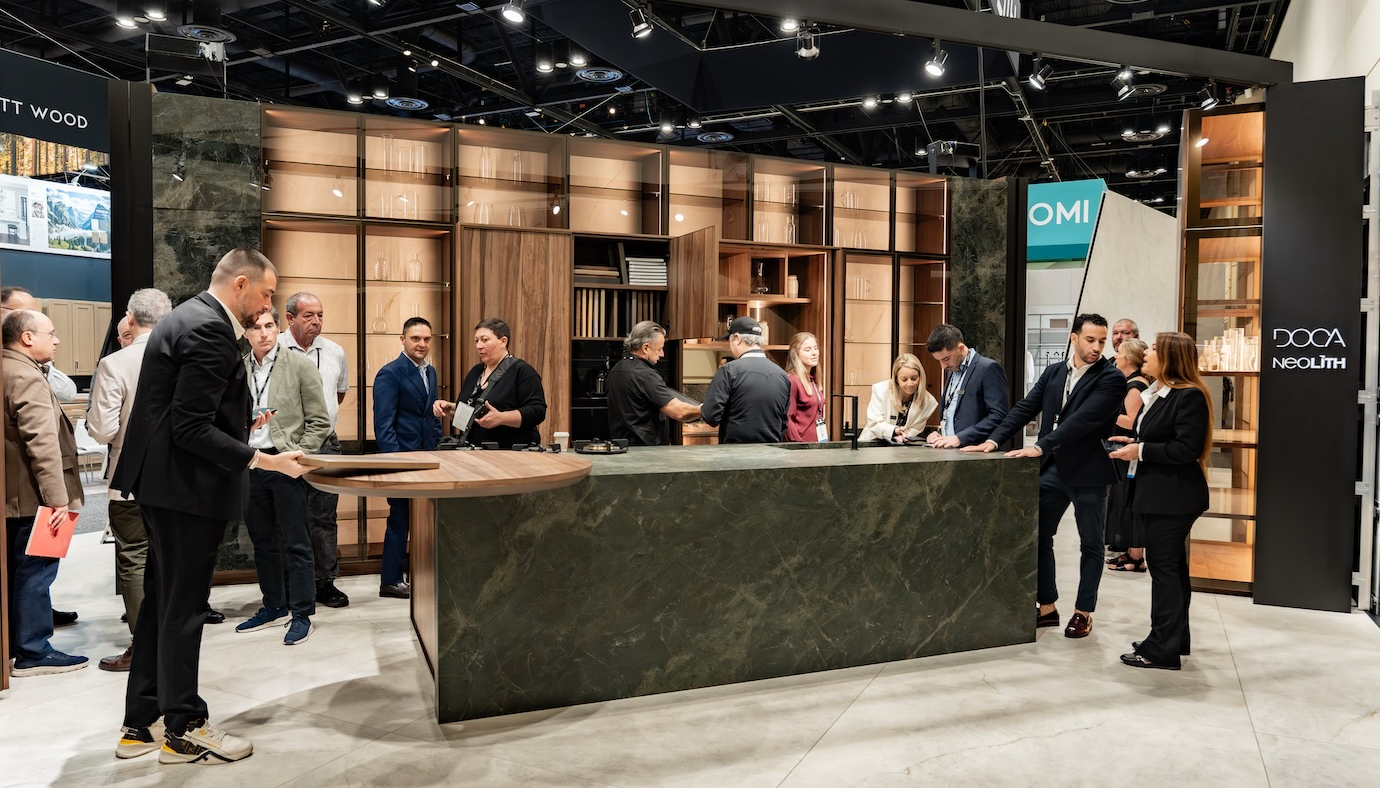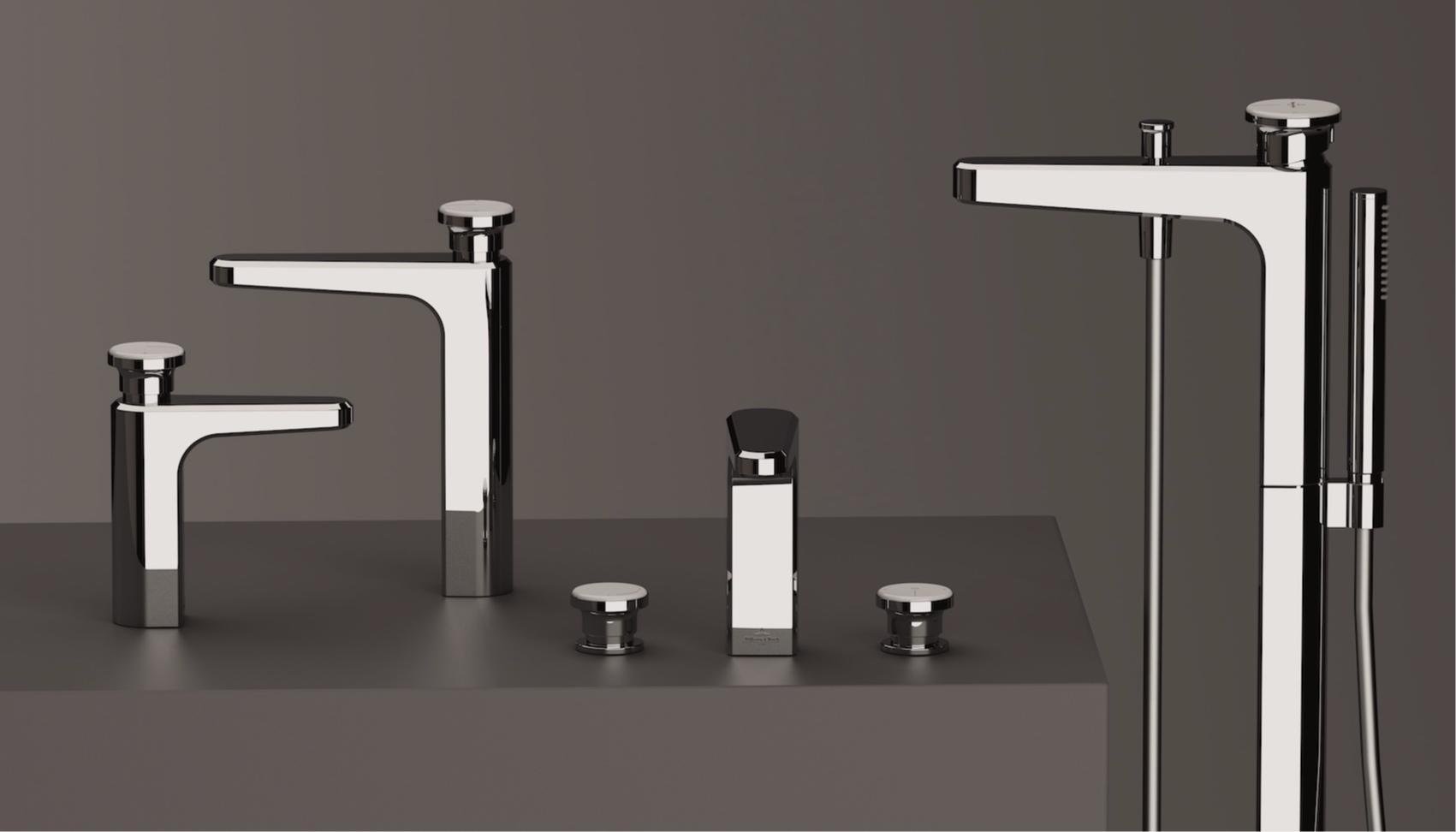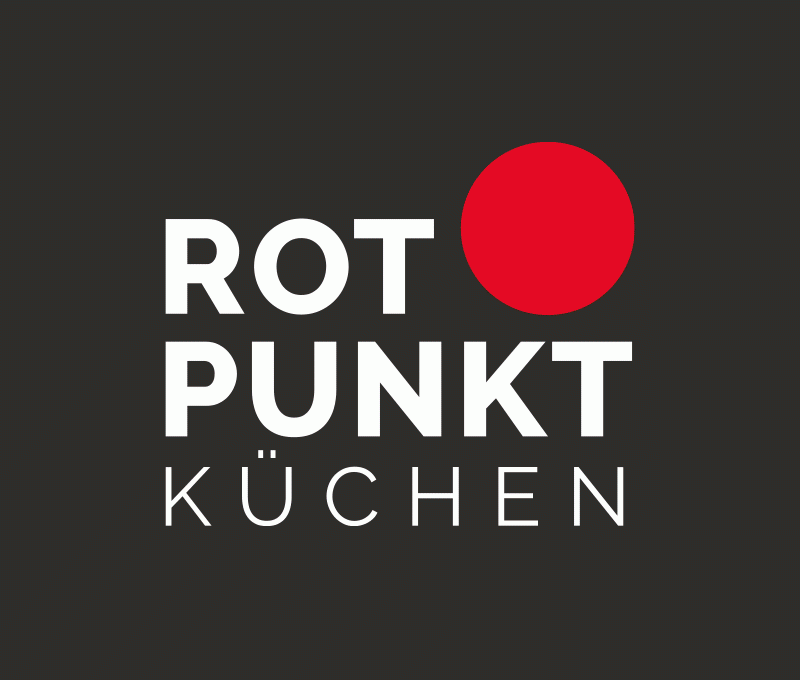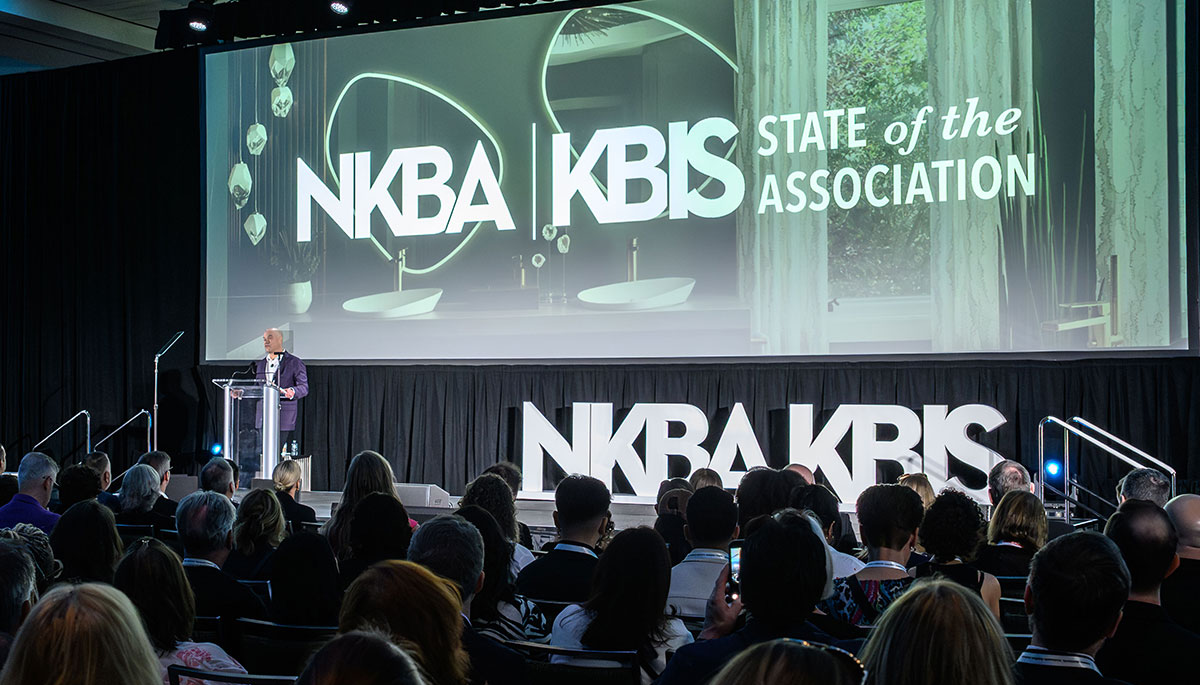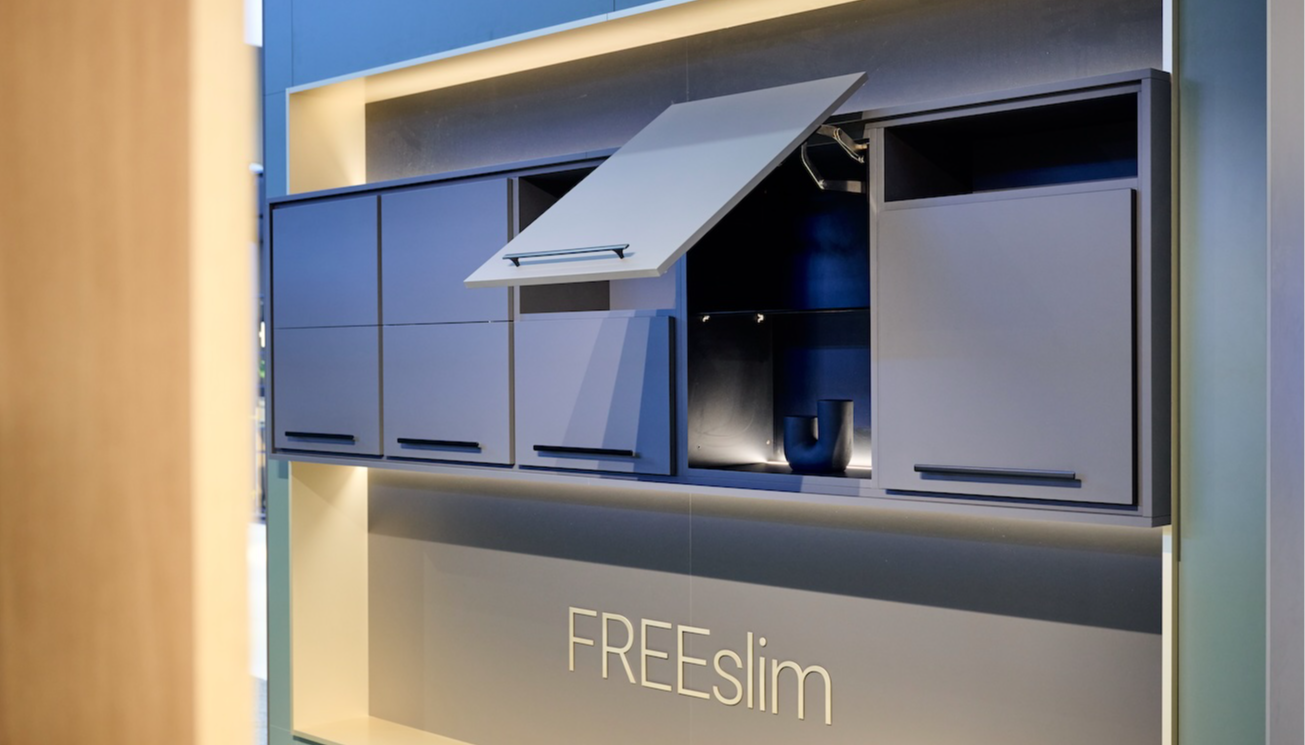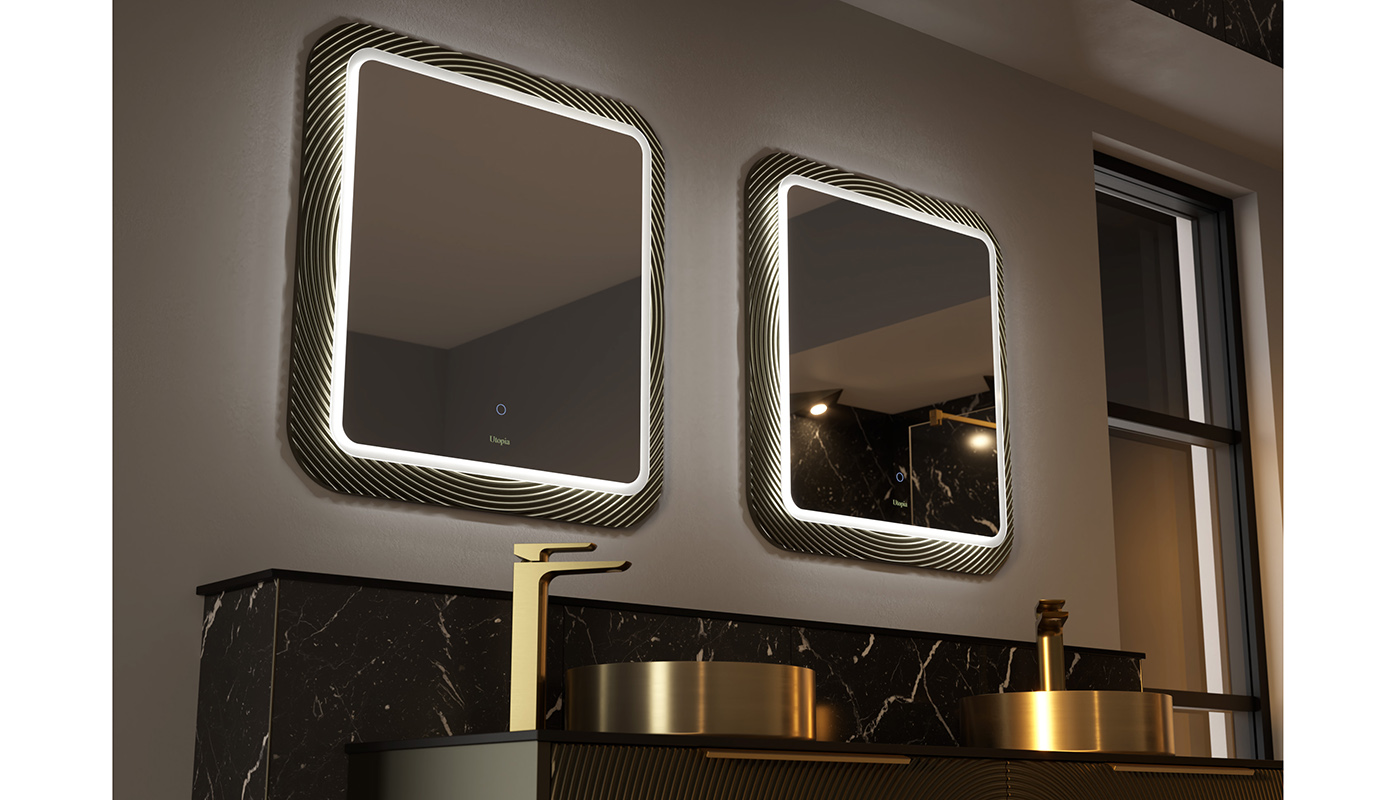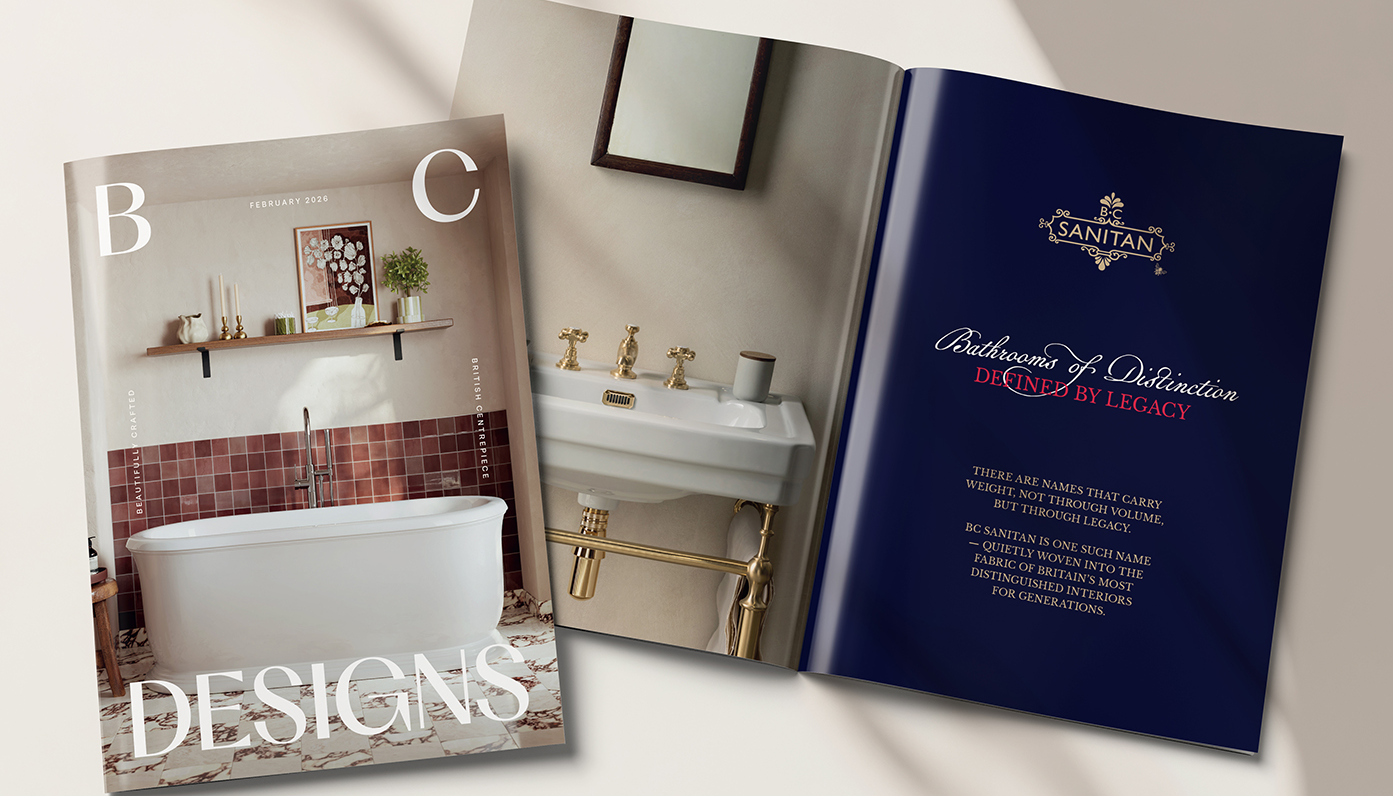WFF's statement – The facts about occupationally acquired silicosis

WFF's statement – The facts about occupationally acquired silicosis
Following extensive media coverage regarding the dangers of cutting and polishing engineered stone and the rise in cases of silicosis in the UK, the Worktop Fabricators Federation (WFF) has released a statement for retailers – we present it here in full.
A written statement from the WFF that gives the facts about occupationally acquired silicosis.
What is it?
Occupationally acquired silicosis arises when individuals are regularly cutting, grinding or polishing materials which have a high content of crystalline silica, in an environment in which proper extraction, suppression and protective equipment are not routinely present, not properly maintained, not routinely worn or not correctly monitored.
Respirable crystalline silica dust (RCS) is both a dust hazard and a carcinogen. Which is why correct processing controls are essential.
Where does it occur?
It is important to note in this context that this is a factory management issue. RCS dust is created only when natural or engineered stone materials are cut, shaped and finished prior to installation.
There is no health risk to showroom staff, installers or consumers associated with specifying, handling, shipping, installing or using engineered stone worktops. Once processed, they are entirely inert and safe; there is no risk of toxicity through touching or licking the finished product.
What does the HSE say?
Respirable dust in general has always been a high priority for factory inspections, and the HSE understands the additional risks to health associated with breathing microscopic particles of carcinogenic silica dust. Current HSE guidance for factory owners and enforcement teams reads:
'Products containing silica can be processed safely when proper controls are put in place. We would urge all manufacturers and fitters to ensure that they use suitable controls to protect their workers and themselves from inhaling silica dust.'
This guidance has been in place for several years, and has routinely been reviewed as issues around occupationally acquired silicosis have arisen in other markets (evidence from worktop fabrication in Spain, US, Australia and New Zealand pre-dating the identification of occupationally acquired silicosis in the UK by several years).
Why the current concern?
Two important vectors have brought RCS dust risk into to the public gaze in recent months. Firstly, the decision (initially by concerned retailers, and then by the Australian government) to initiate a ban on engineered stone products in Australia, because of their historically high content of crystalline silica. Secondly, the identification by medical experts in the UK of the first cases of occupationally acquired silicosis among individuals who have been engaged in stone worktop manufacture.
To speak firstly to the Australian ban: it is clear that historical work practices in the Australian worktop-processing sector fell well short of what is required and expected in UK factories.
Silicosis, in common with all lung diseases associated with dust inhalation, is a long-term cumulative condition, and may take several years’ exposure before it manifests. So banning the product today will do nothing for the people who were historically exposed as a result of poor working practices.
Secondly, manufacturers of engineered stone worktops have been progressively improving their formulations and reducing the volume of crystalline silica in their products anyway, over several years. Today’s products are not the same as the products to which workers were exposed 10 years ago. Caesarstone, the Australian market-leader in engineered stone worktops, has already launched a zero-silica product in that market.
Thirdly, the Australian and New Zealand stone fabricators have moved quickly to adopt best-practice factory management practices, very much along the lines of what is already common best-practice in the UK.
Fourthly (as the Australian government has already recognised), banning engineered quartz does not remove the risk of RCS exposure. Many natural stone materials contain high proportions of crystalline silica, as do many ceramic products. Good quality factory management, water-based dust-suppression and proper monitoring of workers’ health are still absolutely de rigeur in a well-run worktop factory, immaterial of the precise material under the saw.
To speak to the evidence in the UK: it is a source of great concern to the WFF that cases have now been identified in the UK of individuals who manifest silicosis as a result of occupationally acquired exposure to RCS dust while fabricating stone worktops.
The detailed understanding of the causes and exposures in these cases is still in its infancy. WFF is already working with the medical experts to identify common data sets to help us all map out their occupational exposure history, and identify any learnings that could help further improve factory management.
What seems clear from the cases so far, however, is that they seem to manifest among immigrant young men who appear to have received little or no Health & Safety training from employers, and who have been left to dry-cut worktops out of stone blanks, with no water suppression and minimal dust extraction. (source: British Occupational Hygiene Society)
If there is a common theme around the reported cases in EU, US, Australasia and UK around occupationally acquired silicosis, therefore, it is that dry-cutting creates a lot of RCS dust. And that Personal Protective Equipment alone (assuming it is provided and properly face-fitted, and that the worker wears it correctly) is insufficient to protect workers long-term.
This is precisely the HSE’s position, and that of the WFF: PPE comes last in the hierarchy of risk management, which starts with choice of material, then cascades through suppression and control at point of contact and physical barriers between blade and worker before considering PPE.
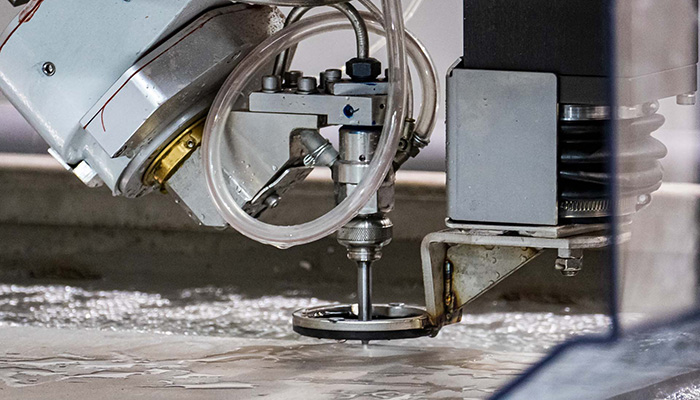
Who is to blame?
At bottom, it’s customers who want the beauty of a stone worktop but don’t want to pay the price premium associated with proper factory management, controls, health and supplier audits and expensive cutting, polishing and grinding machinery and the associated water and dust-handling infrastructure.
Stone worktop blanks are internationally available, and land in the UK from a variety of sources, with a variety of provenances (or lack of provenance). Volume discounts notwithstanding, the price of the stone itself is the same to every fabricator. So the only opportunity to cut costs out of the fabrication process is to skimp on the overheads.
What is the WFF doing about this?
We can’t stop the operation of a free market.
So we focus on championing best practice among fabricators and trying to raise the bar.
The WFF was originally established to share best-practice, keep our workers as safe as possible and keep our processes as clean as possible. WFF is recognised as the voice of professional fabricators alongside trade unions and other stone and glass industry bodies in the HSE’s ‘Charge’ advisory group.
The WFF supports the move to natural stone and other engineered worktop products with less silica content as this will reduce the risks to workers. Processing of all stone worktops should only be carried out by professionals who are properly trained, using appropriate equipment to manage the risks.
What can I do to reassure my customers?
BUY FROM REPUTABLE FABRICATORS: WFF Members all operate automated cutting tools using state of the art dust suppression, undertake regular health audits of their workers and hold detailed data sheets to prove the provenance of the materials they supply. A professional supplier will be happy to help you with any detailed questions about individual materials, and help you choose alternatives to satisfy a particular specification or performance requirement.
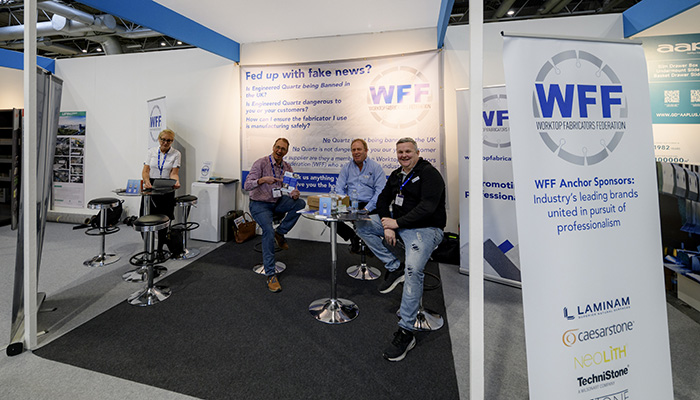
Tags: insight, features, worktops, work surfaces, engineered stone, quartz, silicosis, kitchens, bathrooms, wff, worktop fabricators federation





